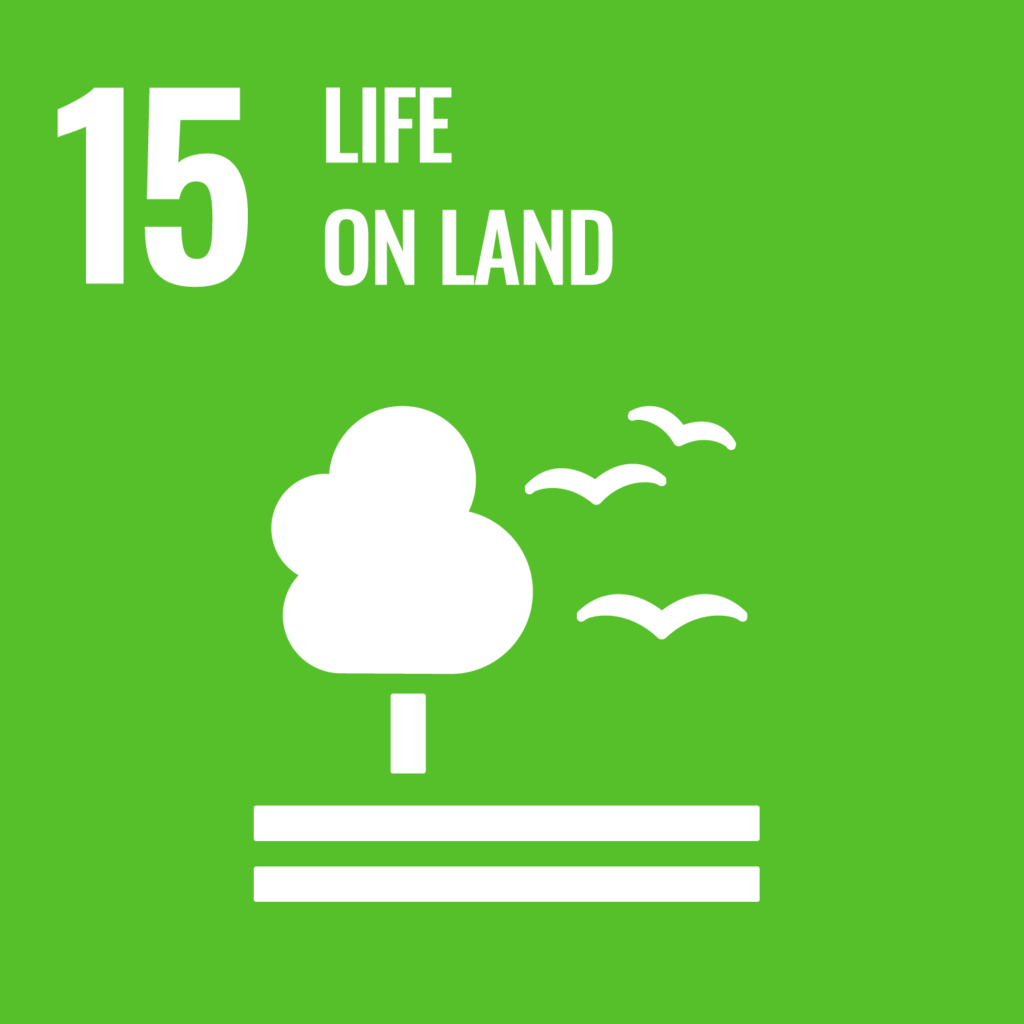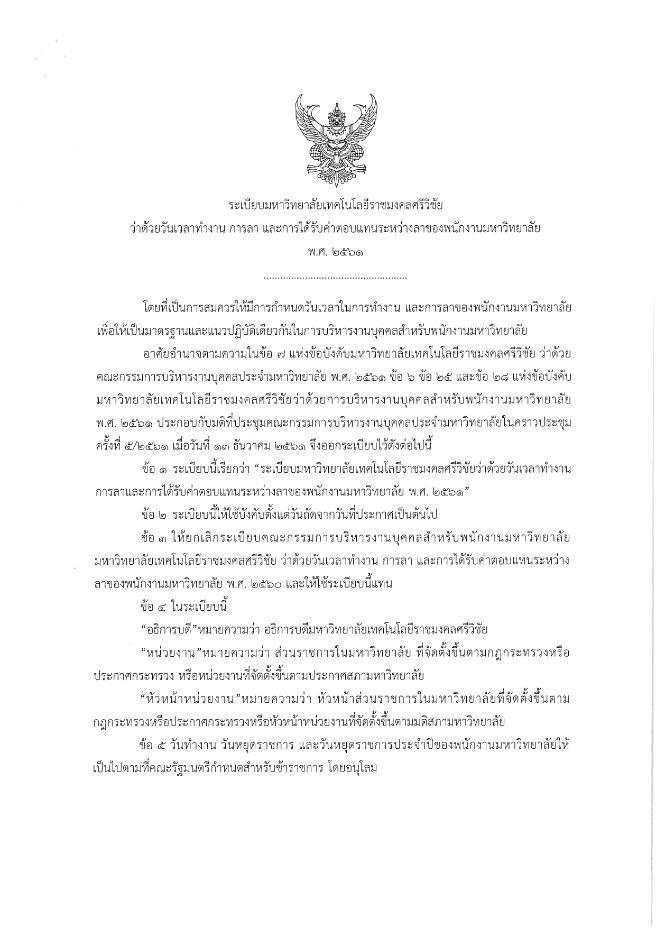Reporters: Asst.Prof.Dr. Prapot Maliwan
Assoc.Prof.Dr. Pornsil Seephueak
Asst.Prof.Dr. Nion Chirapongsathonkul
Asst.Prof.Dr. Worawitoo Meesook
Evidence Date: during 2024 Jan-Dec
Related Indicators: 15.2.4
Details:
Asst. Prof. Dr. Worawitoo Meesook and Dr. Prasert Nontakarn conducted an ecological training program for science teachers from six schools under Thung Song Municipality. This program aimed to transform ecosystem education policies into practical classroom applications. Teachers received both theoretical knowledge and hands-on training in ecological monitoring and biodiversity study. They learned how to design classroom activities related to their local environment and develop environmental lesson plans. The training emphasized the importance of integrating field-based learning into science education. Teachers practiced data collection methods, observation of flora and fauna, and ecosystem mapping. The program encouraged them to guide students in discovering the ecological value of their own surroundings. This initiative strengthened the link between community-based research and classroom learning. It also empowered teachers to be leaders in environmental conservation education. The program demonstrated how policy-driven education can build long-term ecological awareness among future generations.
In another activity, Asst. Prof. Dr. Worawitoo Meesook educated young students from Kindergarten 1 to Primary 6 at Ratana Suksa School about the results of a terrestrial fauna survey and limestone hill ecosystem located beside their school. Students were fascinated by the images and stories of wildlife found nearby. The appearance of the Lesser Great Leaf-nosed Bat (Hipposideros turpis) and the Slow Loris (Nycticebus coucang) drew loud excitement and curiosity among them. The activity promoted environmental appreciation and empathy toward local wildlife. Through fun learning sessions, students learned the meaning of biodiversity and ecological balance. Teachers observed that children began to connect their surroundings with the need for conservation. The session encouraged creative learning, using real local data as educational materials. This experience also inspired students to see nature as an essential part of their daily life. The activity reflected the university’s mission to transfer scientific knowledge to the younger generation. Ultimately, it raised awareness of the importance of protecting the limestone ecosystem near the school.
Asst. Prof. Dr. Worawitoo Meesook and her team also conducted a series of snake education programs for students, rescuers, and rangers. These programs aimed to mitigate conflicts between humans and snakes, following the principle of coexistence in a balanced ecosystem. The content included the ecological role of snakes, identification of venomous and non-venomous species, and first aid for snakebite victims. Participants were also trained on appropriate actions during snake encounters to prevent unnecessary killing. The workshops highlighted that snakes play a crucial role as predators in controlling prey populations and maintaining ecosystem stability. Activities were held in multiple locations, such as PSU Wittayanusorn School, Songkhla Province (26 January 2024), Thung Song Wittaya School, Nakhon Si Thammarat (16 February 2024), and Tabchang Wittayakhom School, Songkhla Provinve (11 Mar 2024). Other sessions were organized in Yala Province—Betong Wiraratprasan School (10 July 2024), Betong Industry and Education College (10 July 2024), Betong Hospital (9 July 2024), and Banglang National Park (11 July 2024). Each event strengthened awareness and skills among different groups of people. These continuous educational actions turned wildlife conservation policy into visible, community-level practice.


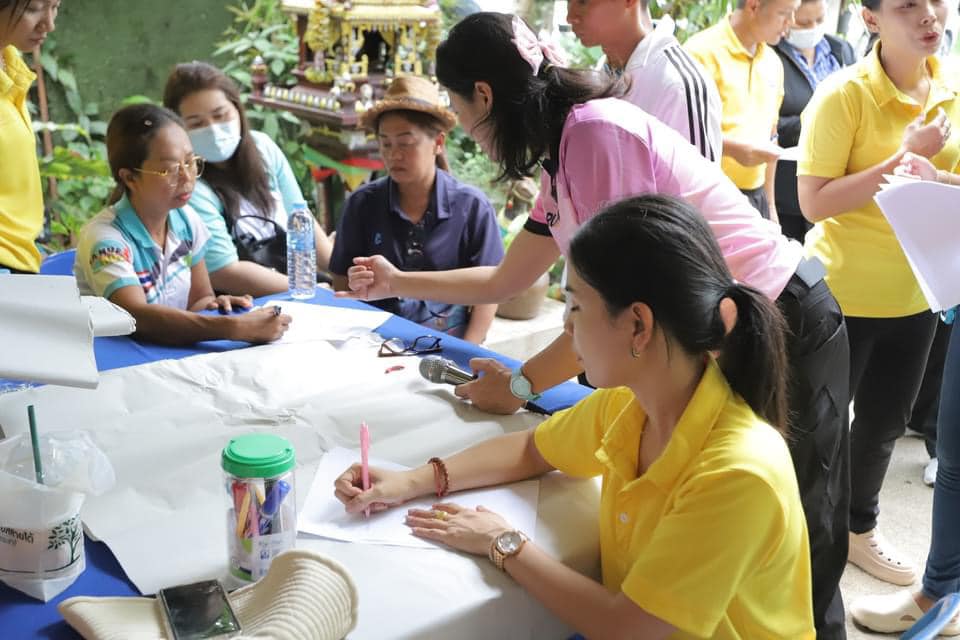
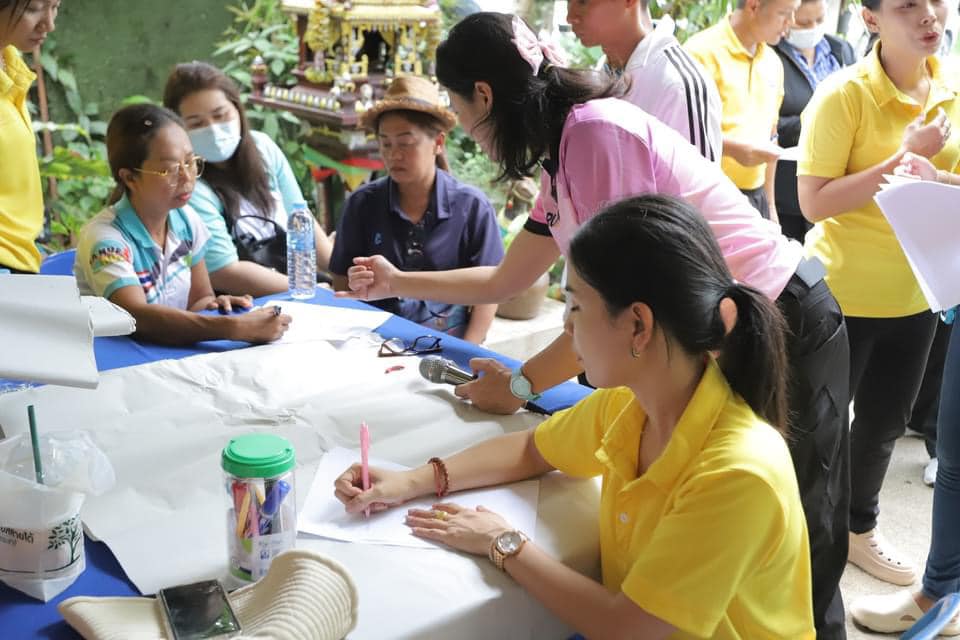
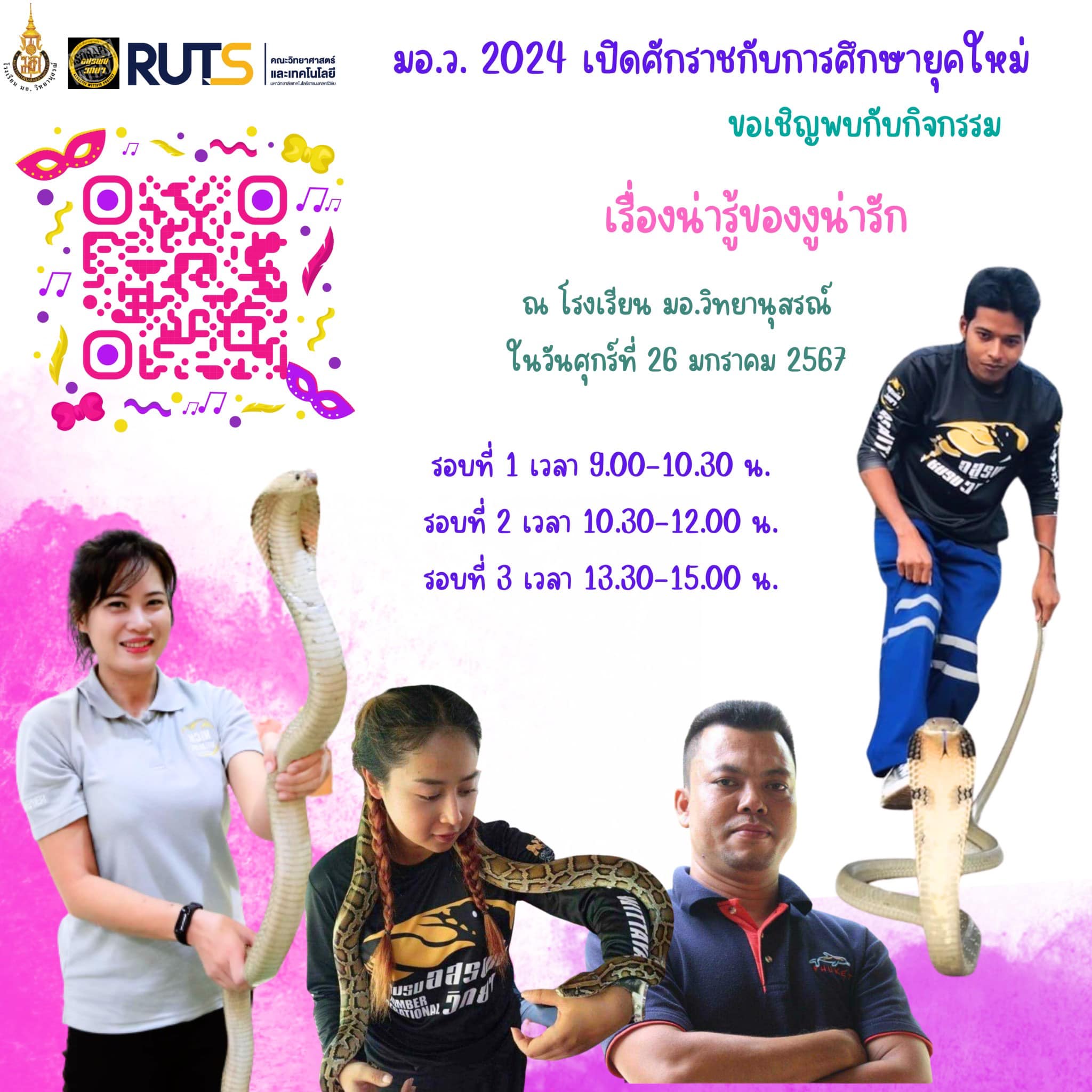
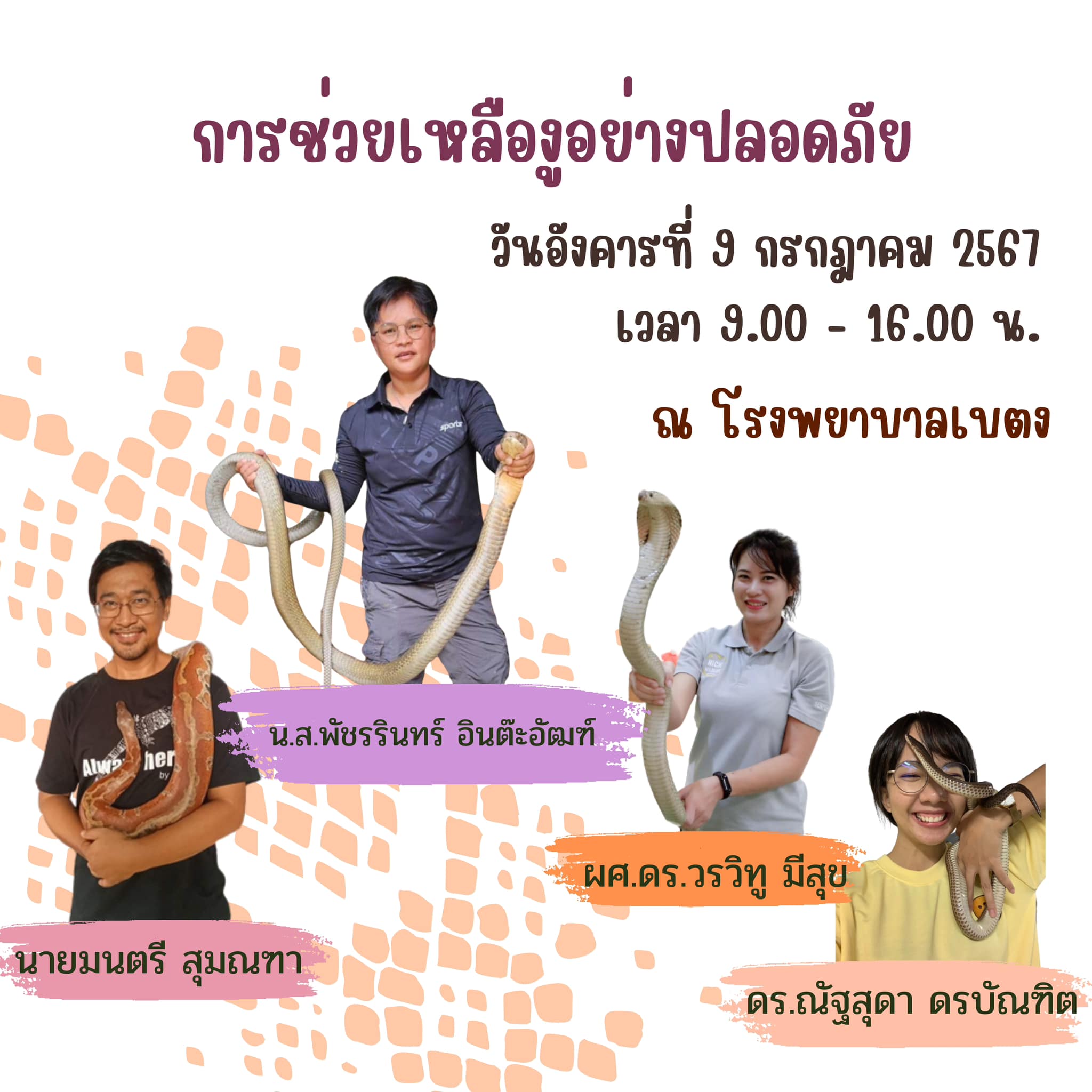
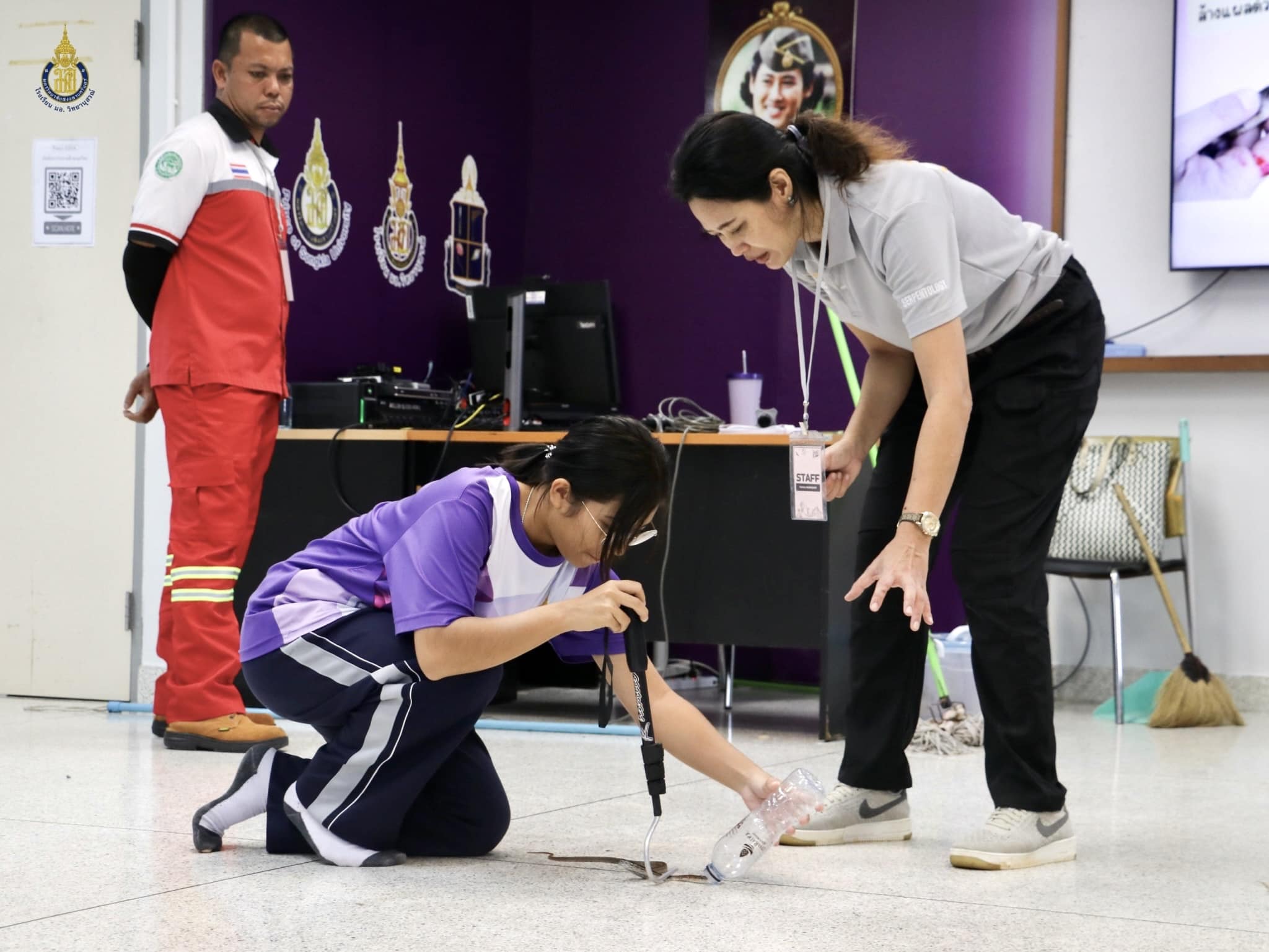
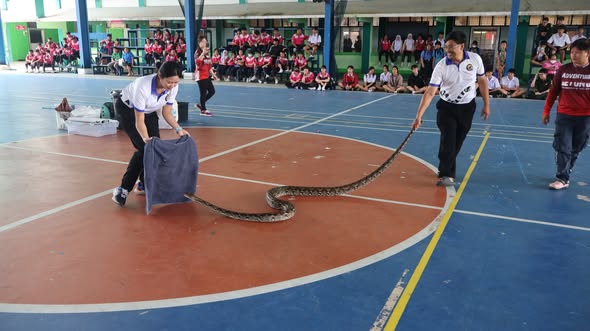
Related Links:
e9LZmvh6FHt5IMZMiLe4h_j8FHjqWQSTOkwTVk7wyDxPe17pbuWQ_aem_6NdutQED7MPUGp_oyp5LdA

